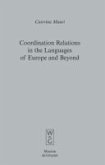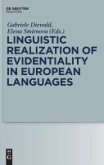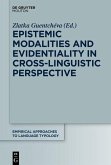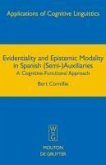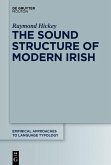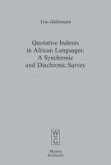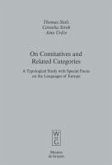The book offers three arguments for giving recognition to such a meaning domain. The first argument concerns the clustering of linguistic expressions with epistemic meaning into morphosyntactically delimited systems of elements. The second argument has to do with the variation pertaining to the coding of epistemic meanings, as highlighted in a semantic map of epistemic expressions. The third argument turns upon the scope properties of epistemic meanings and the morphosyntactic reflections of these properties.
Finally, the book proposes a unified cognitive analysis of epistemic meaning in terms of which it attempts to account for the properties of the epistemic meaning domain as well as of individual epistemic meanings.
Dieser Download kann aus rechtlichen Gründen nur mit Rechnungsadresse in A, B, BG, CY, CZ, D, DK, EW, E, FIN, F, GR, HR, H, IRL, I, LT, L, LR, M, NL, PL, P, R, S, SLO, SK ausgeliefert werden.
Robert Earl LaBarge in: Linguist List 24.1827
"This excellent book is an enormous step forward toward a comprehensive theory of propositional marking and of epistemicity. For these fields, it sets standards of clarity and succinctness of argumentation. Therefore, its natural place is among the standard books on these subject matters."
Björn Wiemer in: Studies in Language 37:2



